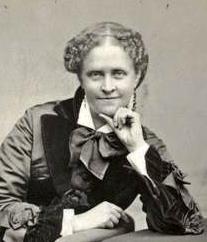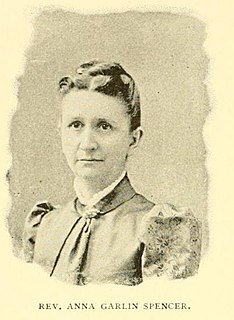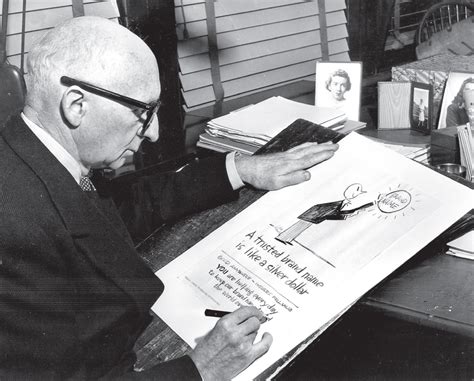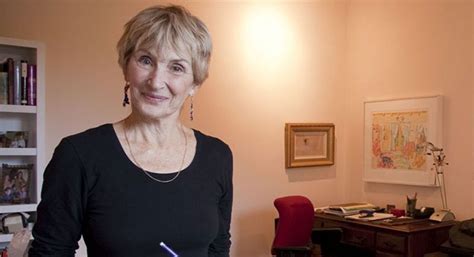A Quote by Helen Hunt Jackson
If I could write a story that would do for the Indian one-hundredth part what 'Uncle Tom's Cabin' did for the Negro, I would be thankful the rest of my life.
Related Quotes
Today's Uncle Tom doesn't wear a handkerchief on his head. This modern, twentieth-century Uncle Thomas now often wears a top hat. He's usually well-dressed and well-educated. He's often the personification of culture and refinement. The twentieth-century Uncle Thomas sometimes speaks with a Yale or Harvard accent. Sometimes he is known as Professor, Doctor, Judge, and Reverend, even Right Reverend Doctor. This twentieth-century Uncle Thomas is a professional Negro -by that I mean his profession is being a Negro for the white man.
Just as Uncle Tom, back during slavery used to keep the Negroes from resisting the bloodhound or resisting the Ku Klux Klan by teaching them to love their enemies or pray for those who use them despitefully, today Martin Luther King is just a twentieth-century or modern Uncle Tom or religious Uncle Tom, who is doing the same thing today to keep Negroes defenseless in the face of attack that Uncle Tom did on the plantation to keep those Negroes defenseless in the face of the attack of the Klan in that day.
Historically, narratives of forgiveness were part of both the anti-slavery movement and the civil rights movement in America. 'Uncle Tom's Cabin,' for instance, was based loosely on the life of the Rev. Josiah Henson, who forgave his master that wanted to sell him and beat him after Henson begged him not to.
However, the daily life of the slaves in the South, as observed by many travelers, was obscured for all time by the relentless promotion of a single book, Harriet Beecher Stowe's "Uncle Tom's Cabin." Even today, any black who dares to say that perhaps we are not as badly off as our brethren in the jungles of Africa is hooted down as an "Uncle Tom." [...] It was no accident that Harriet Beecher Stowe's book became the greatest best seller of its time - it was tirelessly promoted throughout the entire nation, in the most successful book promotion campaign in our history.
I believed even then that if I could transform my experience into poetry I would give it the value and dignity it did not begin to possess on its own. I thought too that if I could write about it I could come to understand it; I believed that if I could understand my life—or at least the part my work played in it—I could embrace it with some degree of joy, an element conspicuously missing from my life.
What was it, he wondered for the hundredth time, that enabled Pastor Harris to hear the answers in his heart? What did he mean when he said he felt God’s presence? Steve supposed he could ask Pastor Harris directly, but he doubted that would do any good. How could anyone explain such a thing? It would be like describing colors to someone blind from birth: The words might be understood, but the concept would remain mysterious and private.
If you read the story of slavery and see the part that the Uncle Tom played in the plantation, and then you see how the white man today has changed his tactics, but he still occupies the same position, in that same context you find Uncle Tom. He has changed his tactics but he still occupies the same position.



































